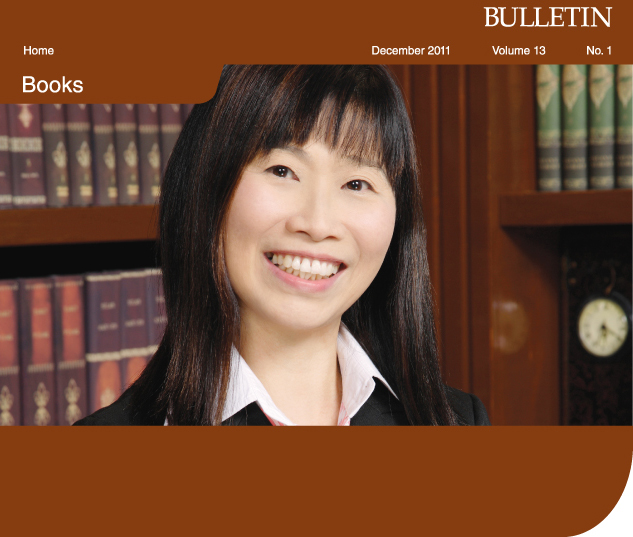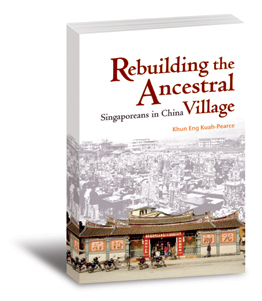
|
The Confucian ideal of filial piety requires descendants to tend the graves and honour the spirits of their ancestors. When people are uprooted, as they were in China in the 20th century, they can be prevented from fulfilling their duty. Dr Khun Eng Kuah-Pearce, Associate Professor of Sociology, has been investigating the role of ancestor worship and other factors in pilgrimages of overseas Chinese to their ancestral villages, and found that the nature of these journeys has changed over the years. Her research includes interviews with more than 200 people in the 1990s from Singapore and their ancestral village in Fujian, and more recent interviews with a newer generation of pilgrims. Those of the older generation who came directly from China still call the village home, but that connection is mixed with guilt over their escape to a better life in the 1950s and 1960s. "First they felt lucky that they got out, then they had a guilty conscience because they felt they couldn't do much for villagers in terms of material well-being and helping them out. There was also a cultural or religious aspect: if you are filial, you don't leave your home, you don't leave your ancestors untended. Their lives contradict filial piety," she says. After China's open-door policy in 1979, the Singaporeans began to visit their home villages, which were in poor condition. They gave money to help build houses, sometimes to build schools or bridges, and they invested in cottage industries such as small pottery factories. "One thing that came across clearly is that they were not looking for profit. There were no jobs at the time in rural districts so they felt obligated to create jobs, but they weren't thinking about making money," Dr Kuah-Pearce says. Ancestor worship was one of the key reasons for their return and they began to reinstate their ancestors to their proper place by rebuilding lineage ancestor houses. These are different from ancestor halls, which have been replicated in other parts of the world, because they can only be built where the ancestor planted their feet on the ground. This also brought advantages to village communities as some authorities used permission for ancestor worship as a bargaining tool to extract concessions such as new bridges or roads, and local villagers were happy to see the revival of associated festivals. Nonetheless, the return of the overseas Chinese was not without tensions. "The Singaporean Chinese sometimes were not very modest," Dr Kuah-Pearce says. Younger villagers in particular saw them as arrogant and rich, while the Singaporeans thought the villagers were greedy. Given that, she was curious why subsequent generations of Singaporean Chinese continued to venture back to the villages. "There is a quote from an older Singaporean who said: "The way I feel about my lineage is that the relationship between Singapore's younger generation and the village is like a thread that becomes thinner. It's so thin, it could break and you will lose the connection." Ancestor worship is a way to ensure the thread is not broken," she says. |
|||
 | As younger generations have gone back, they have found the villagers to be more educated, entrepreneurial and cosmopolitan than their parents described. A more balanced relationship has emerged, but ancestral lineage continues to be a unifying factor. "Ancestral worship is integral to the Chinese identity. There is still a belief that ancestral worship brings people together and helps to establish their identity. The ancestor is probably also a mirror image of one's self – the values, everything that has come to you. I think that's why it will never go away," she says. Rebuilding the Ancestral Village: Singaporeans in China is published by Hong Kong University Press. |
| Back | Next | |